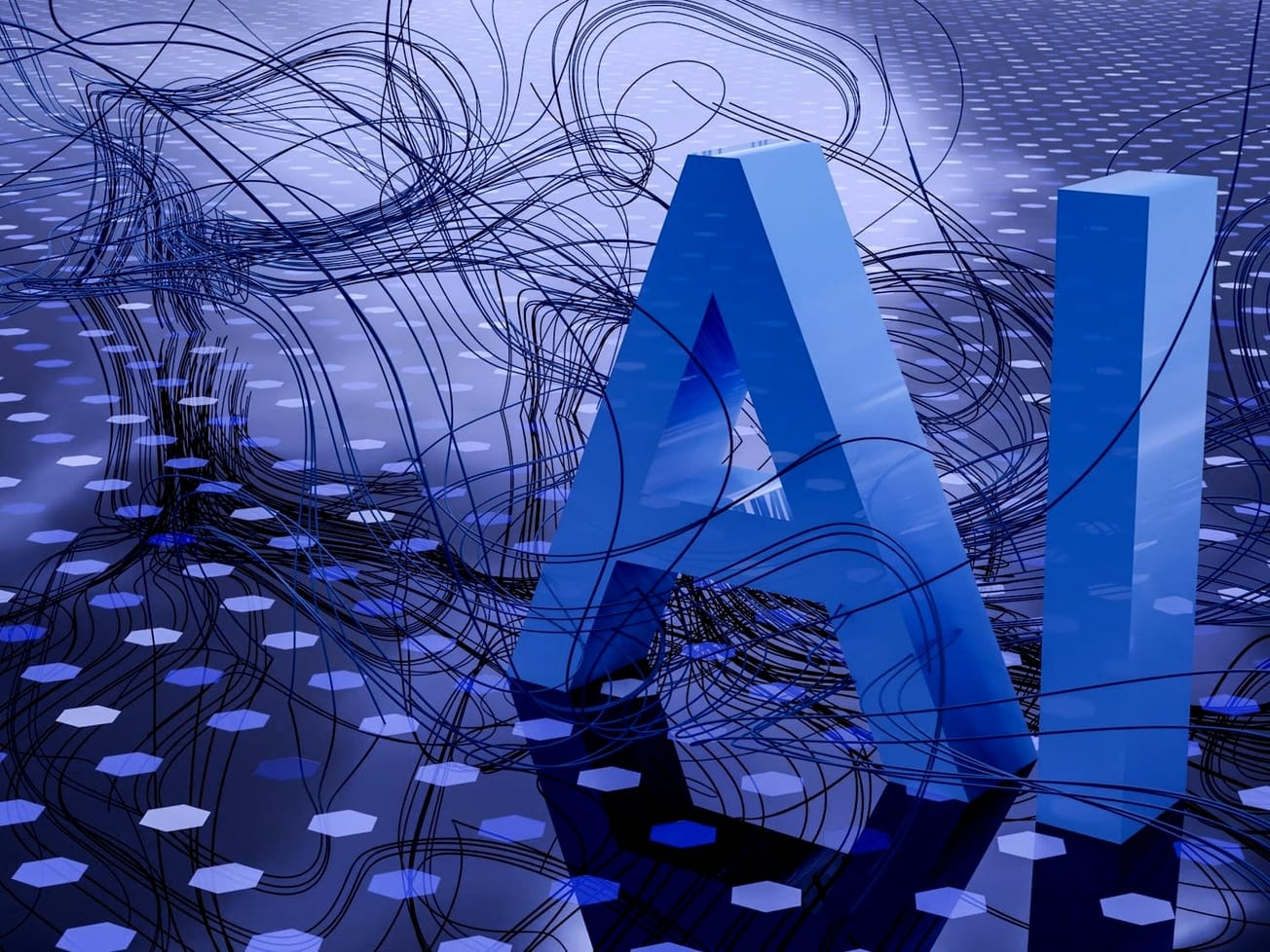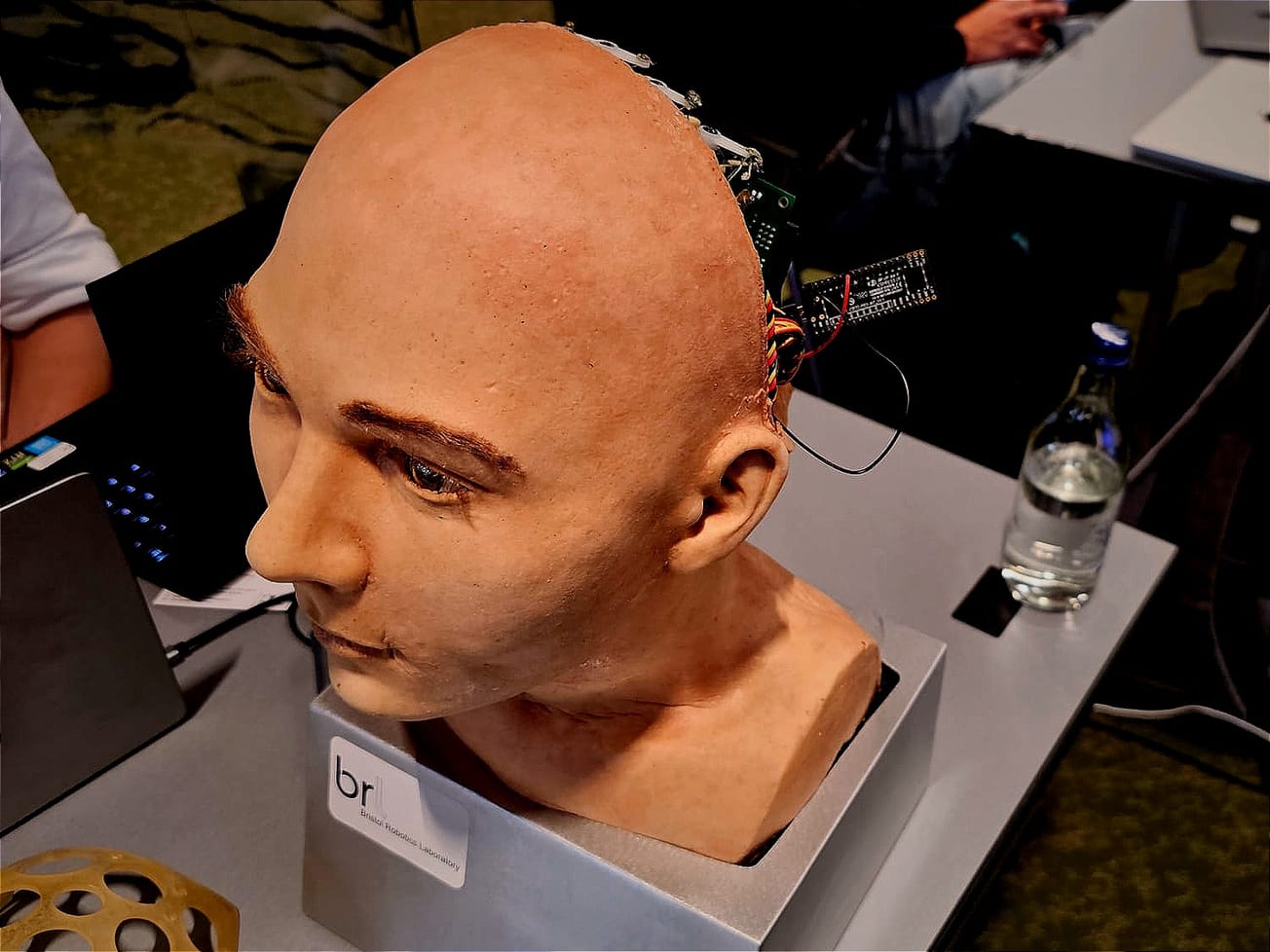[Editor's Note: This is part one of a two-part series this week on the future of AI.]
GENEVA (AN) — How do we determine “good” and "bad" uses for artificial intelligence as a global technology, and who decides what to do about it?
The short answer: Ethical questions are concentrated in the hands of "privileged groups," technology policy and governance expert Nanjira Sambuli tells Arete News, while governments, organizations, and regulators act as decision-makers. Consequently, most AI policy focuses on national priorities, financing, and incentives for public research and private innovation. A review of 1,920 AI policy initiatives among 69 countries, territories, and the European Union finds that just 4% tackle regulatory oversight and ethical advice.









